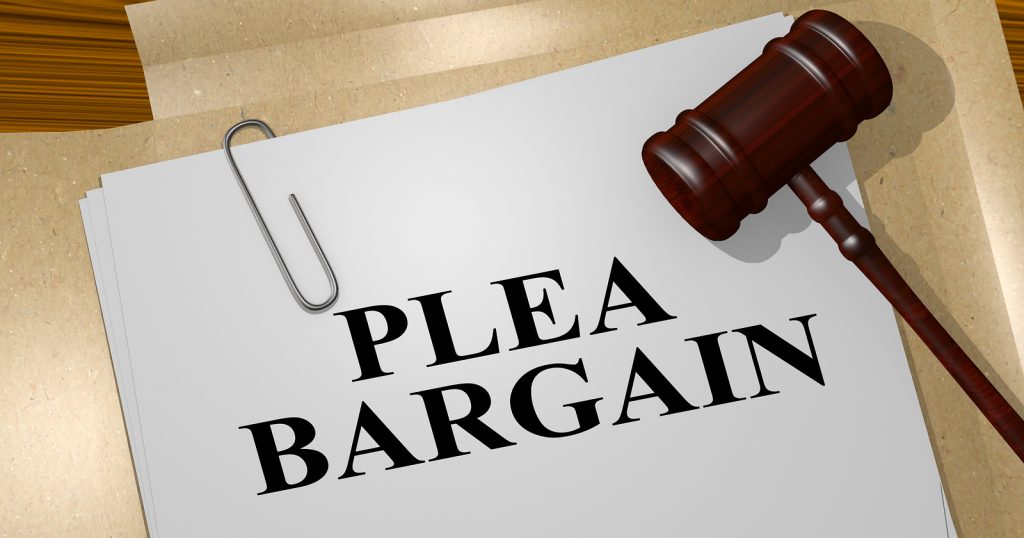When facing criminal charges, minor or major, you will be required to make some serious decisions. Perhaps the most important decision you make is whether to hire a private criminal defense lawyer or accept a public defender to represent your case. Following your decision on legal defense, you will be expected to make many more. But the most important one at this point in the criminal process will be your final plea. Guilty and Not Guilty are pretty straightforward, but a no contest plea is a different plea approach that may be the best option for your case.
Continue reading to learn more about no contest pleas, how they differ from similar guilty pleas, and when you might benefit from it.

A No Contest Plea is a Type of Guilty Plea
If you choose a no contest plea, it means that you are maintaining your innocence, while neither admitting to nor disputing the criminal charges. Also referred to as, nolo contendere, the phrase literally translates to “I do not wish to contend;” contend meaning to argue, resist, oppose, or challenge.
No contest pleas are similar to Alford pleas in that both do not admit guilt, but still accept the punishment under a guilty conviction. Under an Alford plea, a defendant is saying they are innocent, but will accept the guilty conviction and subsequent penalties. Under a no contest plea, a defendant is not admitting guilt nor claiming to be innocent.
Basically, a nolo contendere plea is an accepted alternative to pleading guilty or not guilty, both of which can render a separate risk of penalty. So, when would one use the no contest plea? The answer is complicated.
You Need a Private Lawyer
It is important to discuss your plea options with your defense lawyer. Hopefully you choose to hire a private criminal attorney in Indianapolis, as public defenders are overloaded with cases and cannot put much time or focus on a defendant’s case like a private lawyer can. If you want the best possible outcome to your criminal case, you will need private, personal defense.
With your lawyer, you can decide which plea is the best fit for your criminal circumstance. Each case is different, and everyone’s criminal history is different, so your best options will differ from the defendant down the street. In fact, you cannot just choose a no contest plea; in most states, defendants require permission from the courts first.
Potential Advantages of Pleading No Contest
In most cases, no contest pleas are worked into a plea deal offered by the prosecution. It is rare for a defendant to opt for a no contest plea on their own accord. Not only are they complicated pleas frequently misunderstood, but most defendants want to plea not guilty. And a no contest plea is essentially a guilty plea.
Although they are a type of guilty plea, pleading no contest can be beneficial for you when facing criminal charges, especially if the prosecution is offering it in a plea deal. Most often, plea deals are used to bargain, which is why they are also called plea bargains. Prosecution will offer a reduced charge or sentence in return for the defendant’s guilty plea, or in this case, a no contest plea.
The upside to this is that you can avoid jail time, save money on attorney and court fees, and protect your future liberties. You see, a no contest plea is a guilty plea, but it is not you admitting the guilt, so you are better protected down the line if a third-party wants to sue you in civil court. A no contest plea cannot be used in civil court as evidence of guilt.
Are you still unsure what you should do about your pending criminal charges? Contact Attorney David E. Lewis at 317-636-7514 to speak with a seasoned criminal defense lawyer in Indianapolis, Indiana. Our legal team can help you obtain the best possible outcome to your criminal matters!
Related Posts:
The Pros and Cons of a No Contest Plea
When Will I Make a Plea in My Criminal Case?
What if I Regret Entering a Guilty Plea?


